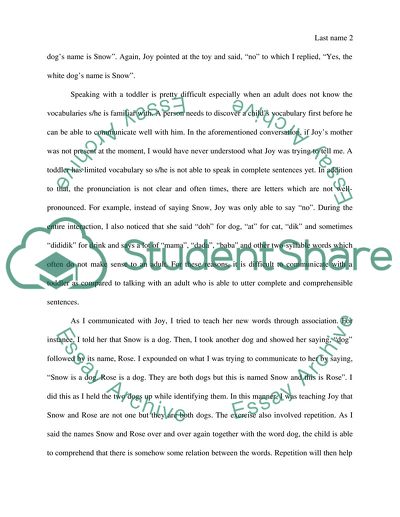Cite this document
(“Paper Assignment Example | Topics and Well Written Essays - 1000 words”, n.d.)
Paper Assignment Example | Topics and Well Written Essays - 1000 words. Retrieved from https://studentshare.org/psychology/1652262-paper-assignment
Paper Assignment Example | Topics and Well Written Essays - 1000 words. Retrieved from https://studentshare.org/psychology/1652262-paper-assignment
(Paper Assignment Example | Topics and Well Written Essays - 1000 Words)
Paper Assignment Example | Topics and Well Written Essays - 1000 Words. https://studentshare.org/psychology/1652262-paper-assignment.
Paper Assignment Example | Topics and Well Written Essays - 1000 Words. https://studentshare.org/psychology/1652262-paper-assignment.
“Paper Assignment Example | Topics and Well Written Essays - 1000 Words”, n.d. https://studentshare.org/psychology/1652262-paper-assignment.


